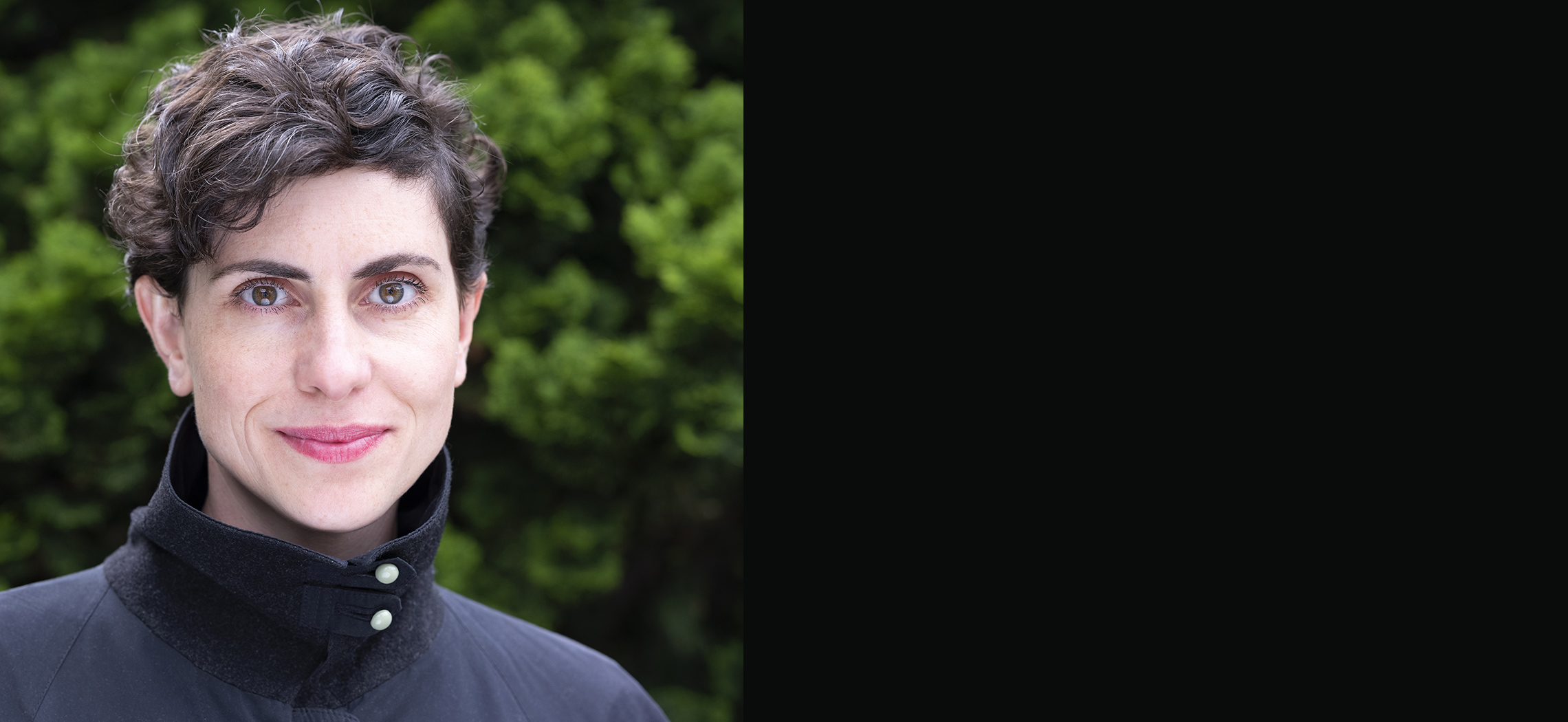A PORTRAIT OF FILMMAKER HELENA WITTMANN
Helena Wittmann © Sinje HasheiderFor a brief moment, I was amazed when Helena Wittmann talked about her work. “I wouldn’t call myself a director,” said Wittmann, who was born in Neuss in 1982 and lives in Hamburg by choice. This was in a Zoom interview just a few weeks after her new film HUMAN FLOWERS OF FLESH had celebrated its world premiere at Locarno Film Festival. There was not much time for surprise, however, because she quickly added: “For me, I find the description filmmaker much more appropriate.”
Wittmann has not taken the classic German path as a director. “Actually, I developed a love for film and cinema as a child,” she says, but in her youth – despite her interest in moving images – she tended to apply for internships with photographers and was interested in the technical side of image-creation. This was followed by studies in the humanities in Erlangen and Hamburg, but also an urge to “see something of the world first”. The idea of active movie making was always at the back of her mind, not least after a spell at the International Short Film Festival Oberhausen. “I suddenly dis–covered films that interested me in a completely different way to what I had known before,” she says in retrospect.
In the end, Wittmann did not study at one of the customary film schools from 2007 onwards; she went to the University of Fine Arts in Hamburg, where it was also possible to devote herself to film as a subject, albeit not structured according to the classic film professions. “It’s not primarily about making a film for me, although that is definitely my medium,” she explains. “It’s more about finding the correct, appropriate form for the issues that move and interest me.”
Whether the ideas that drive her eventually take the form of a short or feature-length film, are realised in experimental, documentary or more narrative form, and are possibly shown as a video installation or at the cinema – initially, that always remains open. “That’s why I never have an answer when people ask what a film’s starting point was,” she says. “Because there isn’t necessarily just one. It takes at least two ideas to start moving around in my mind and then something develops between them. And even then, I usually carry that around with me for a relatively long time before it takes shape and I can write something down.”
Finding out that the Foreign Legion still exists in Marseille, and various unexploited reflections around seafaring and the sea in her feature-length debut DRIFT, as well as a female character in the novel “The Sailor from Gibraltar” by Marguerite Duras, among other things, served as inspiration for Wittmann‘s current film, which also features Denis Lavant alongside lead actress Angeliki Papoulia. Its premiere in the Locarno competition once again underlined for her that “there is no better place to show cinematic works than the cinema. I think this space is essential. Being together with other people and then really exchanging ideas about films – that’s what I need.”
Wittmann feels accordingly that her artistic home is less the art world than the film world with all its festivals. DRIFT, for example, celebrated its premiere at the Settimana Internazionale della Critica in 2017 and was subsequently shown in Toronto, Vienna, London and Mexico City; HUMAN FLOWERS OF FLESH has already been invited to New York and Hamburg (at the time of going to press). But she regrets the fact that there is comparatively little exchange between the two spheres – “interest in each other is rather limited” –, which she believes is because “film in Germany, unlike in France or South America, is not seen automatically as an art form,” but is seen all too simply as entertainment.
Wittmann also contributes to the possibility of this changing in future as a camerawoman and editor of her own work. It is not to save costs or because she doesn’t want to hand over the reins, “but because I enjoy every single step in the process of working on a film,” she concludes – certainly a filmmaker rather than a director. And she adds: “Besides, the camera is an instrument that helps me to think myself into the film’s respective situations. And the editing work allows me to understand every detail better. I don’t think I would be able to grasp things as well if those things were done for me by others.“
Patrick Heidmann

